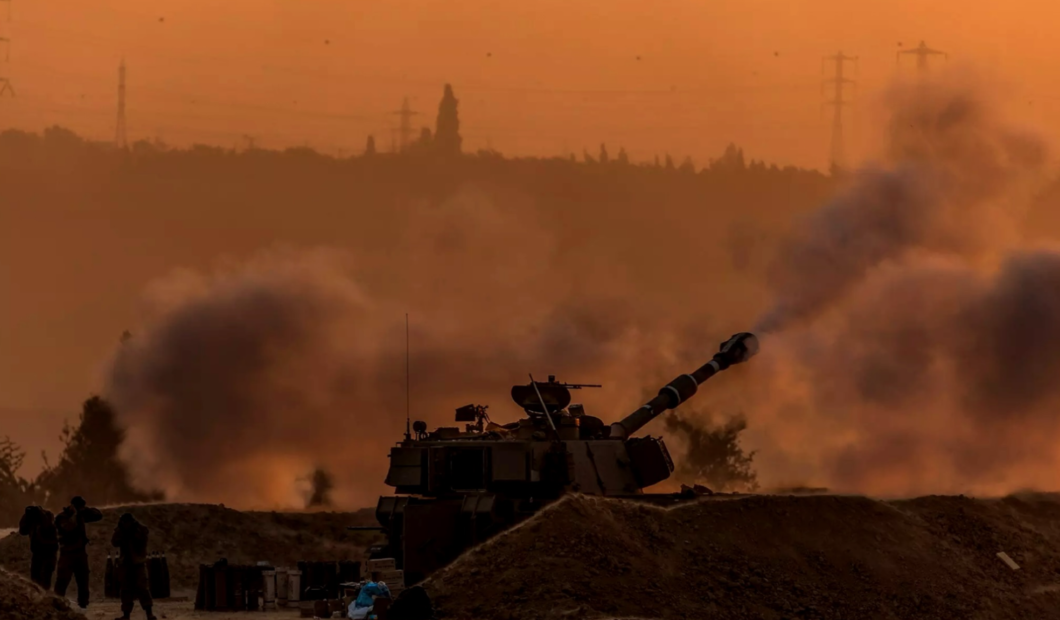02/11/23
Coach John looks at the facts and figures and the language of war.
Click HERE to download the Weekly English Practice as a PDF.
Useful Vocabulary
weaponry: arms/weapons or weapon like instruments collectively
give away: to donate or bestow as a gift, prize, etc for free
deadly: causing or tending to cause death; lethal
perpetuate: to make (something) continue indefinitely.
tightly: firmly fixed in place; secure
smuggle: to convey (goods) secretly and illegally
into or out of a country
stock: a supply of goods kept on hand by a merchant, etc., for sale to customers
account for: to make or provide a reckoning of (expenditure, payments, etc)
guided: controlled / directed
THE ARMS TRADE and the BUSINESS OF WAR
Coach John looks at the facts and figures and the language of war.
What is the arms trade?
The arms trade is the trade in weaponry and other military and ‘security’ equipment and services. Governments buy arms from their own national industries and/or others, and sometimes one country gives arms away to another.
It is a deadly, corrupt business that fuels conflict and supports human rights-abusing regimes, while wasting valuable resources. It does this with the full support of governments around the world. Most major producers, including the UK, are responsible for perpetuating major wars and repression.
Are legal arms sales okay?
Governments like to give the impression that it is the illegal trade that is damaging, while the legal trade is tightly controlled and acceptable. In fact, the vast majority of arms sales to human rights-abusing regimes and into conflict areas are not only legal, but actively supported by governments. Many of these “legal” sales violate the selling countries’ own arms export laws.
It is true that there is also a large illegal arms trade, with arms smuggled across borders, stolen, or sold from military or police stocks without government authorisation. While also causing severe harm, it is much smaller than the legal trade.
Who sells arms?
The United States is by far the largest arms producer and exporter in the world. The UK is also one of the biggest, alongside other western European countries and Russia, China, and Israel. The top 10 exporters together account for about 90% of the global arms trade.
Around $100 billion worth of arms are sold every year, with buyers spread across the world. Some of the largest purchasers are in the Middle East and South and East Asia.
What is being sold?
Arms traded include fighter aircraft, helicopters and warships with guided missiles, radar and electronic warfare systems, tanks, armoured vehicles, machine guns and rifles.
The trade also includes the services and support arms companies provided to customers. For instance, over 6,000 BAE Systems employees maintain the Tornado and Typhoon fighter aircraft sold by the UK to Saudi Arabia.
Adapted from Campaign Against the Arms Trade
by ECP coach John Hird
Let’s chat about that
- Give a summary of the text on page 1 to your coach and/or classmates.
- According to the text, what is the arms trade?
- What is the difference between the ‘legal’ and ‘illegal’ arms trade? Which is bigger?
- Which countries are the biggest arms dealers’? Why do you think they are?
- Relate some war euphemisms and facts from the text on page 2
- Who was George Orwell? What point is he making?
- Is war inevitable? Can it be stopped? What’s your solution?

